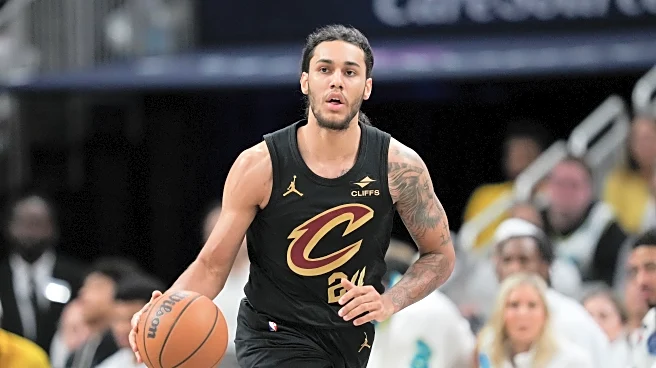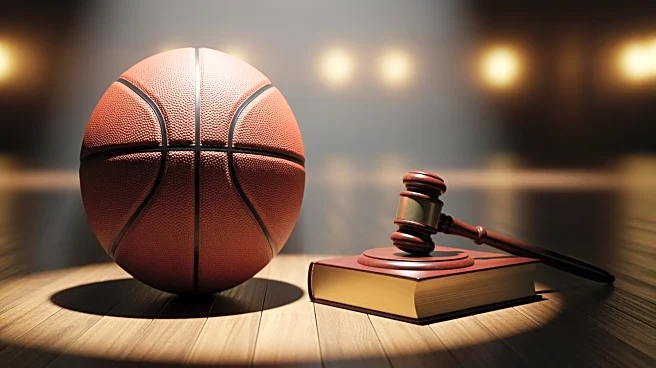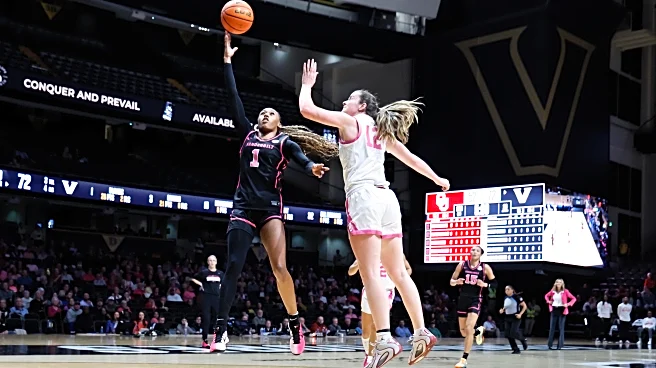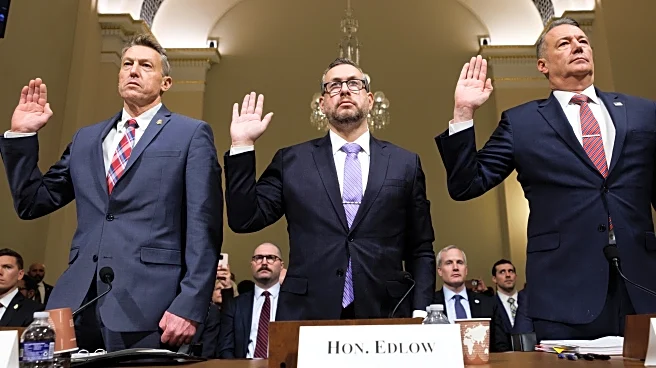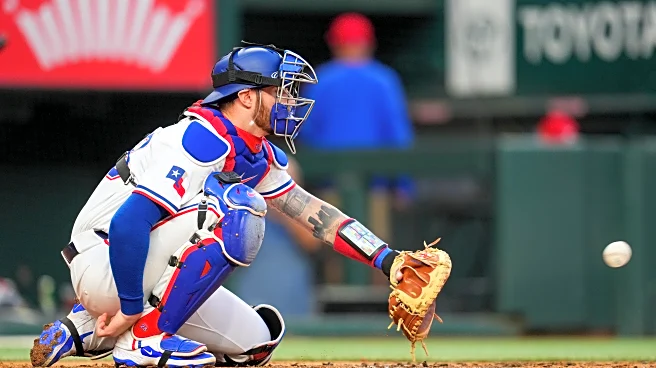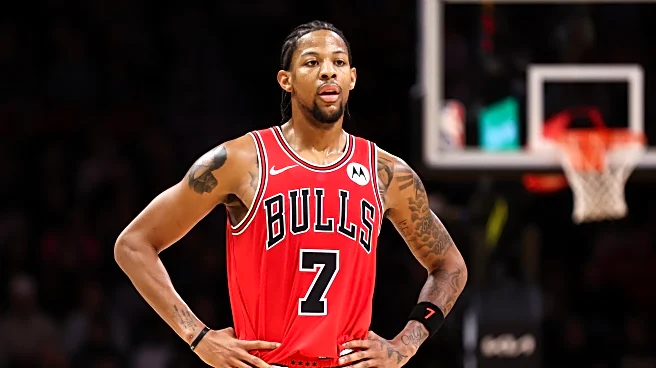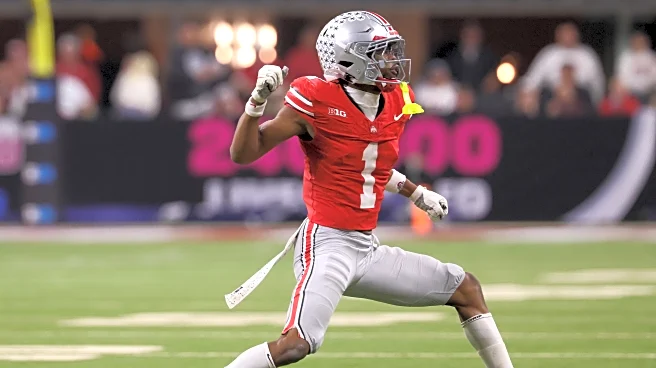Jaylon Tyson didn’t get much of an opportunity during his rookie season. The 20th pick in the 2024 NBA Draft spent his first year trailing the bench as his star teammates rallied together for 64 wins. There wasn’t a path for him to earn significant minutes during that miraculous regular-season run.
This year, the door is open.
The Cavs’ rotation won’t be as stacked to start the season. Max Strus and Darius Garland are injured. Isaac Okoro and Ty Jerome have been replaced in the backcourt by Lonzo Ball.
Few things stand between Tyson and inserting himself as a nightly contributor.
All that’s left to figure out is which skill he can hang his hat on.
Tyson played various roles in college. He spent most of his freshman and sophomore years as an off-ball threat before becoming a high-usage, on-ball creator during his junior year at California. Tyson exceled with the ball in his hands, averaging 19.6 points and 3.5 assists.
This has carried forward in his young NBA career. All of Tyson’s best moments, including his best outings in Las Vegas Summer League, have come with Tyson as a creator. His handle and 6’6” frame allow Tyson to burrow into the paint and get to his spots. His playmaking and scoring have popped at the lower levels — or in garbage time of NBA games — but nothing fully clicked during the meaningful minutes of his rookie season in Cleveland.
That’s partly because Tyson was never asked to handle the ball with much frequency. Again, the Cavs simply didn’t need to spend time on a rookie when they were already demolishing opponents with their regular rotation. That will change this year. Tyson’s role is going to be far more important.
The problem is discovering what Tyson’s role should be. Can he adapt to being an off-ball, catch-and-shoot threat who impacts the game without scoring? Or is Tyson going to make a leap and become a capable ball-handler who can carry some of the offensive burden off the bench?
Tyson’s shooting mechanics will have to improve. He shot just 34.5% from deep as a rookie, with a slower jumper that made it easy for defenders to close out to him. Speeding up his jumper and shooting with more efficiency will open up Tyson’s game.
We’ve seen that Tyson can distribute the ball when the defense is in rotation. He makes quick, simple reads that get his teammates open looks. Packaging his playmaking with a steady jumper will make Tyson a difficult player for second units to defend.
Of course, that’s if Tyson develops offensively. In the meantime, Tyson can impact winning by being a sturdy defender who pounds the glass for rebounds. He’s shown a knack for tracking down loose balls, and he has the tenacity to fight over screes. Tyson might not be a full package on offense yet, but he has all of the physical tools needed to be a positive defender.
The Cavs would benefit greatly from Tyson finding success in one of these roles. Cleveland doesn’t have many avenues for improvement, given their financial circumstances. Homegrown talent is the best option they have. That makes Tyson a valuable asset, a multifaceted prospect who can develop into a winning rotational player. Don’t overlook the importance of Tyson’s second season. This is a long-term gamble that the Cavs need to go their way.
